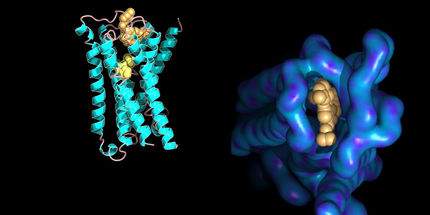Labcyte Awarded US Patent for Real-Time Power Optimization
Labcyte announced the grant of its 40th US patent. Patent number 7,717,544 describes how in real time acoustic energy is optimized to transfer a droplet of any fluid, even those that are unknown. Labcyte’s acoustic droplet ejection technology offers touchless transfer of a wide variety of fluids, with major benefits in life science applications including drug discovery, genomics, proteomics and diagnostics.
“This new feature — already incorporated in our products — allows customers to transfer liquids for a wide range of applications including siRNA screening, qPCR, genotyping and total assay assembly for drug discovery,” said Rich Ellson, Labcyte CTO. “Customers have chosen Echo liquid handlers because they provide better precision and accuracy, reduce operating costs and eliminate cross-contamination. The technology described in the patent allows users to transfer many different fluids with factory-installed calibrations that require no user customization. By delivering precisely the amount of acoustic energy required the challenges faced by other liquid handling platforms, such as variable surface tension and viscosity, are eliminated. The built-in intelligence of the Echo platform automatically optimizes fluid transfer well by well.”
Most read news
Topics
Organizations
Other news from the department research and development

Get the analytics and lab tech industry in your inbox
By submitting this form you agree that LUMITOS AG will send you the newsletter(s) selected above by email. Your data will not be passed on to third parties. Your data will be stored and processed in accordance with our data protection regulations. LUMITOS may contact you by email for the purpose of advertising or market and opinion surveys. You can revoke your consent at any time without giving reasons to LUMITOS AG, Ernst-Augustin-Str. 2, 12489 Berlin, Germany or by e-mail at revoke@lumitos.com with effect for the future. In addition, each email contains a link to unsubscribe from the corresponding newsletter.



























































